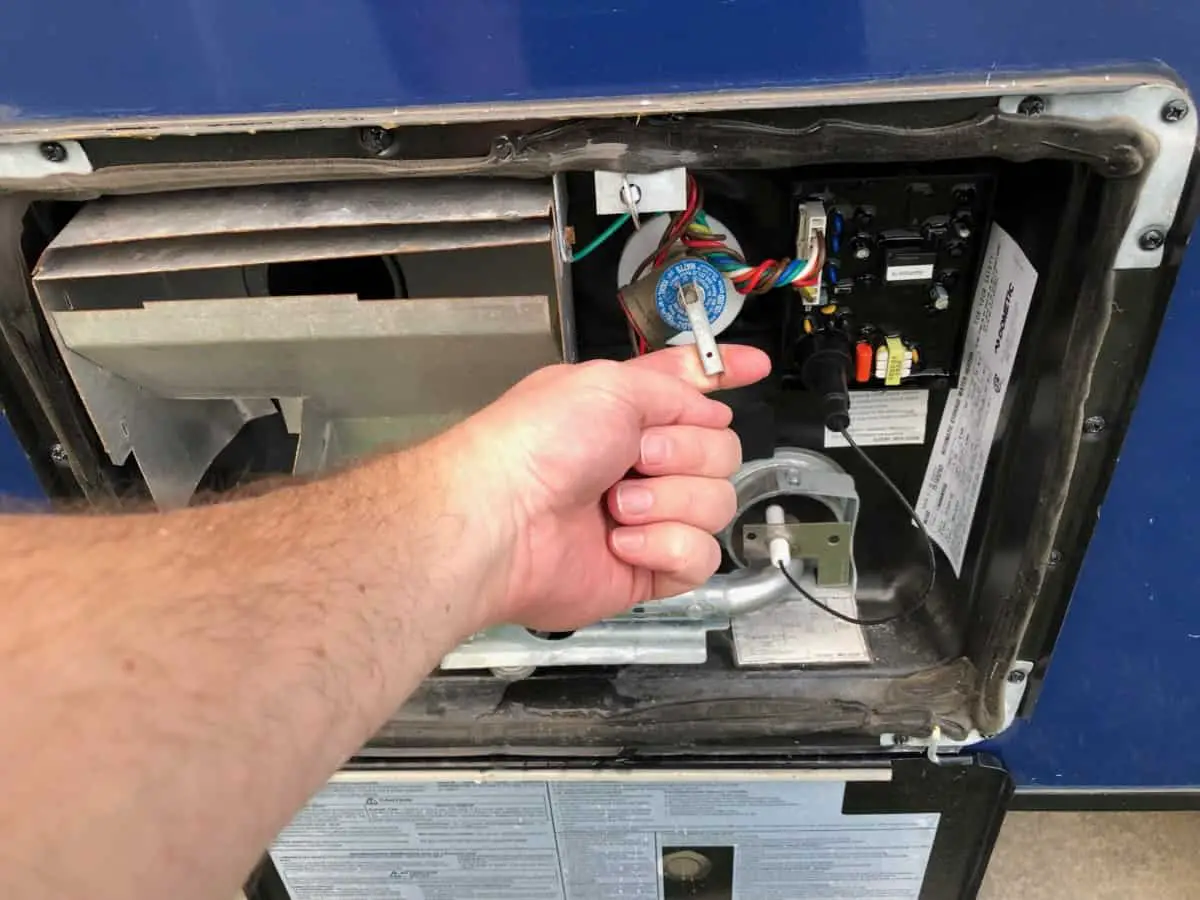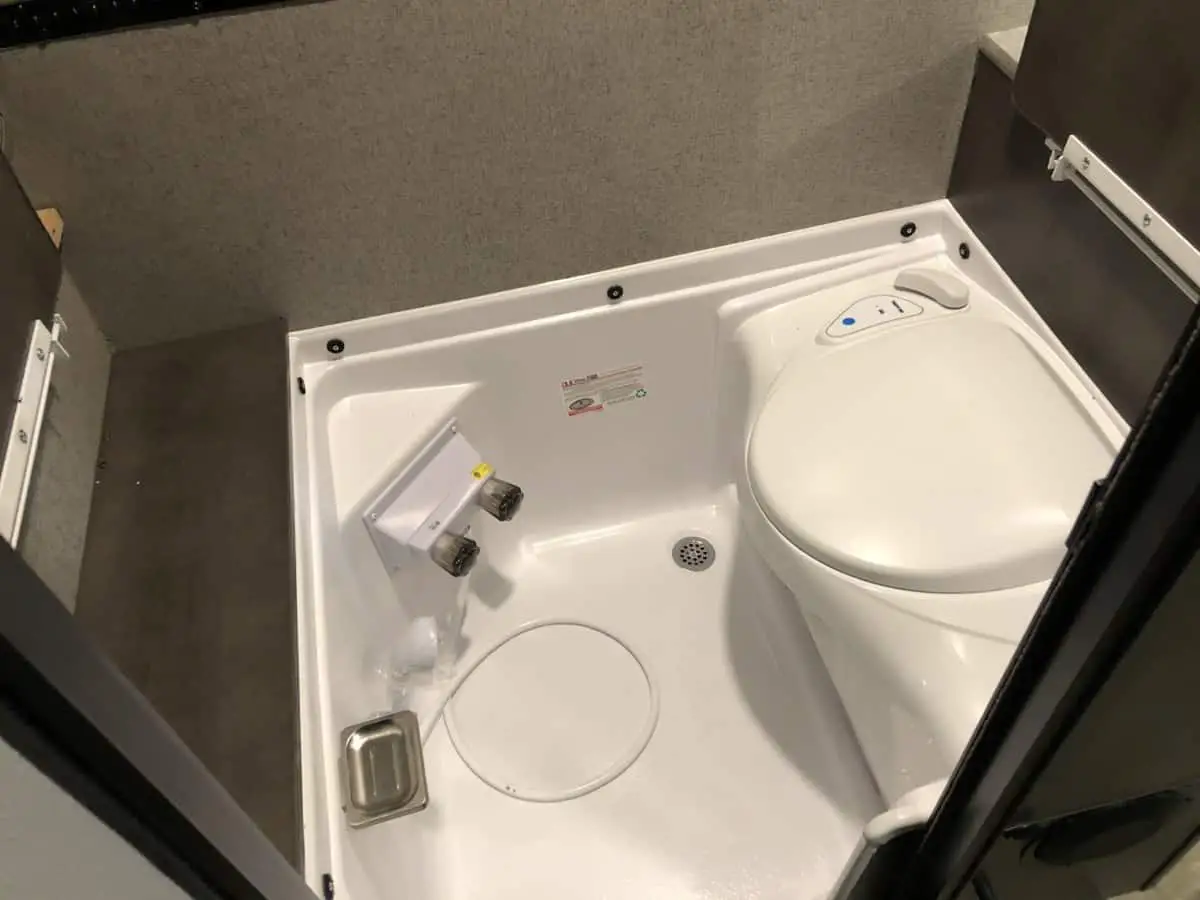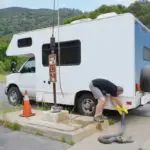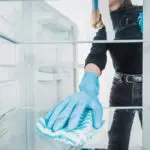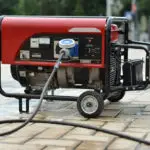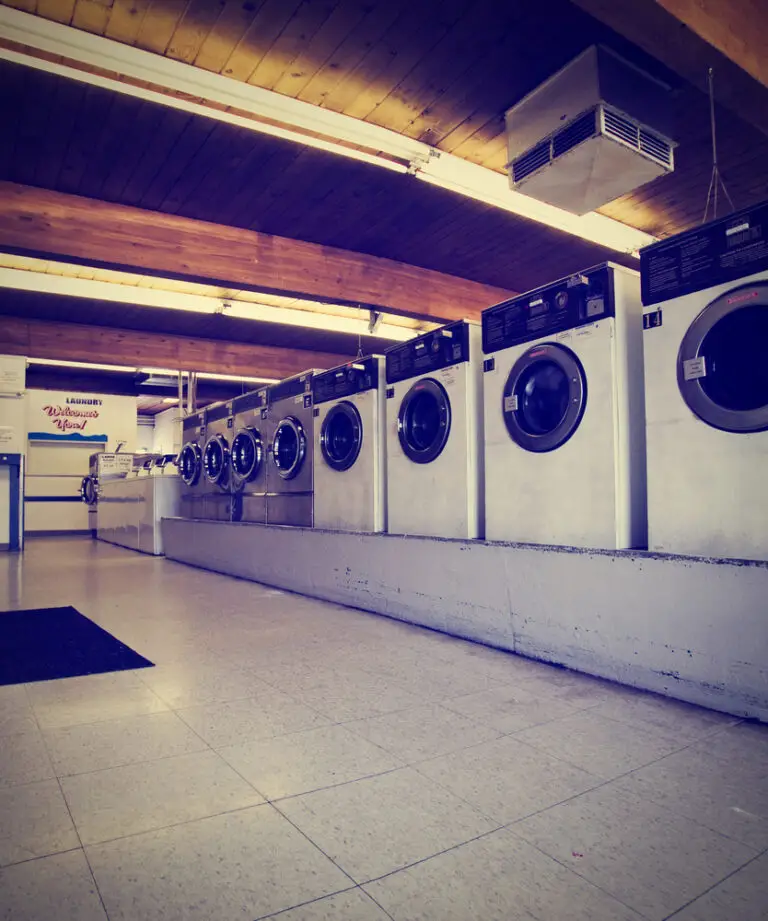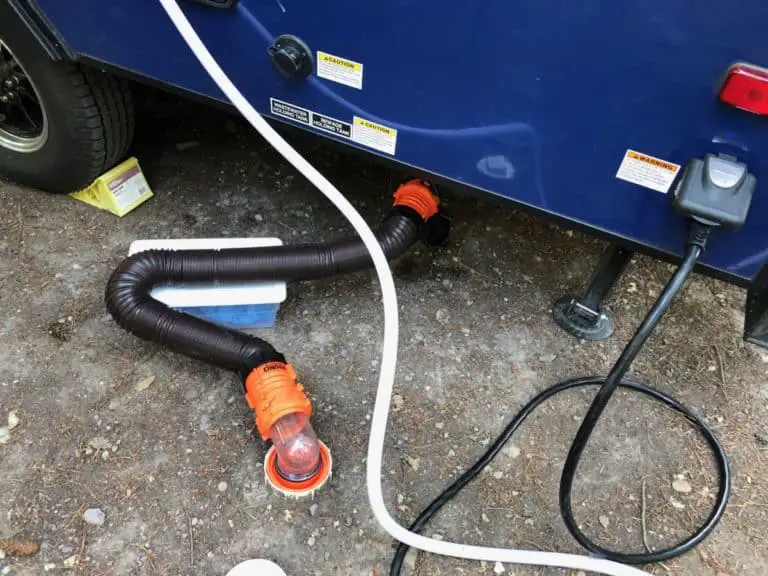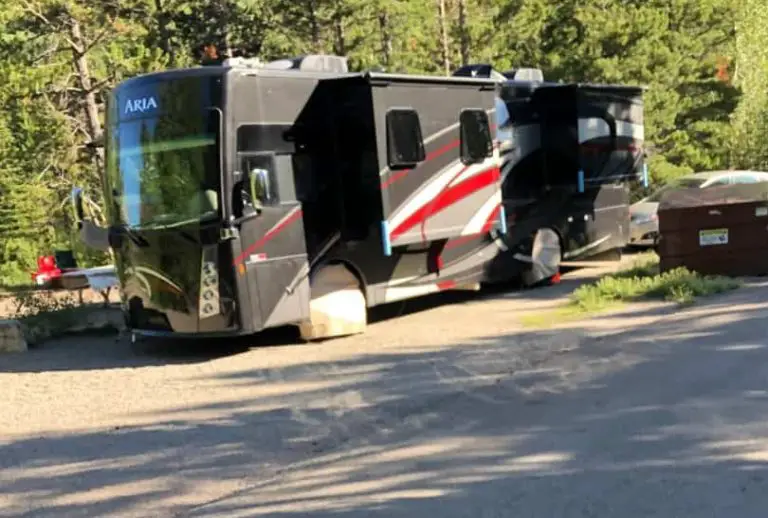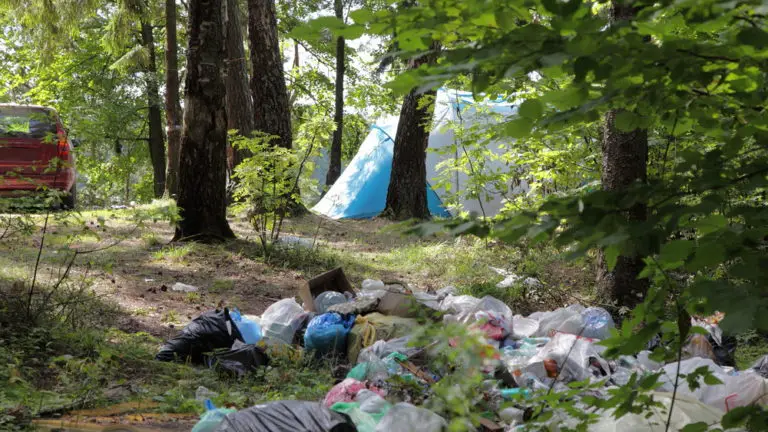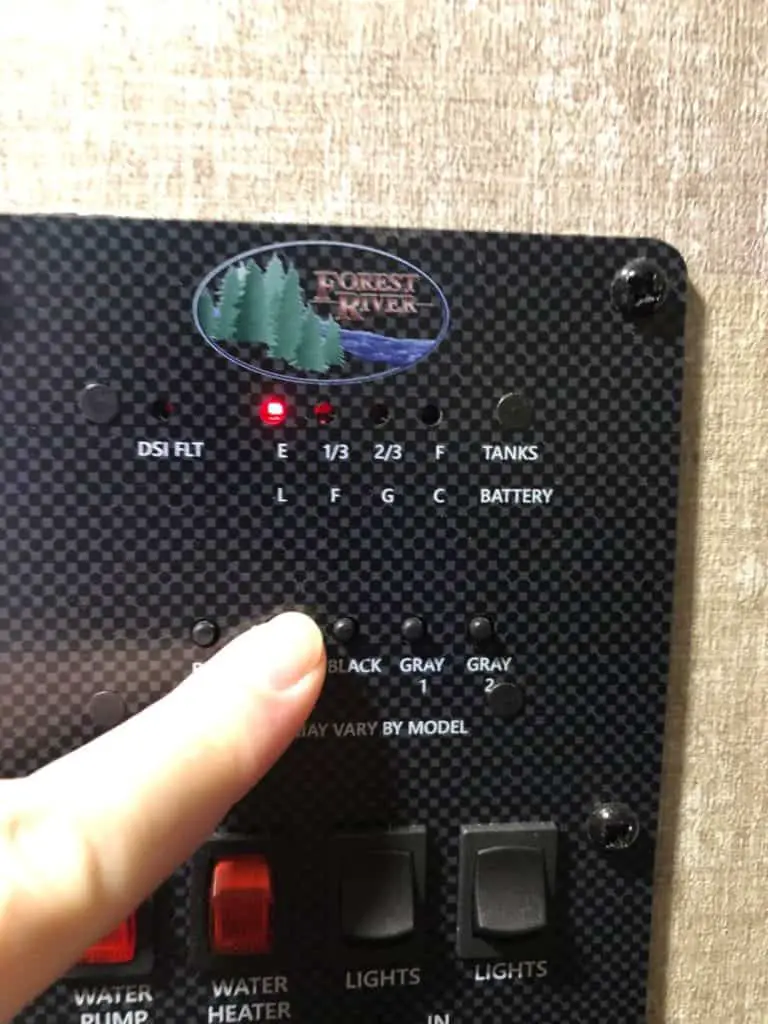Why does my RV smell like rotten eggs?
Help! There’s a rotten egg smell in my RV
If you finding yourself asking this question, follow along below.
If you haven’t come across a rotten egg smell in your home away from home do you even RV bro? If this is your current situation, don’t feel bad. It seems to be a rite of passage.
You open the door to your RV, and it seems to hit you out of nowhere. That dreaded rotten egg smell. Is it a sinister sign? Or worst, did you actually forget about last week’s egg salad? At the end of the day it doesn’t matter, you need the smell out like-yesterday.
Today we are going to walk you through a few culprits, offer you the best solutions and give you some pointers on how to avoid the situation altogether. Keep reading to learn everything you need to know to handle this “stinky” situation
Why does my RV smell like rotten eggs? Most of the time your RV smells like rotten eggs are due to stagnant water in your water heater that has been left there for some time. Simply drain it out and refill. Other culprits are your grey water tank and your propane system.
OFFENDER #1: WATER HEATER
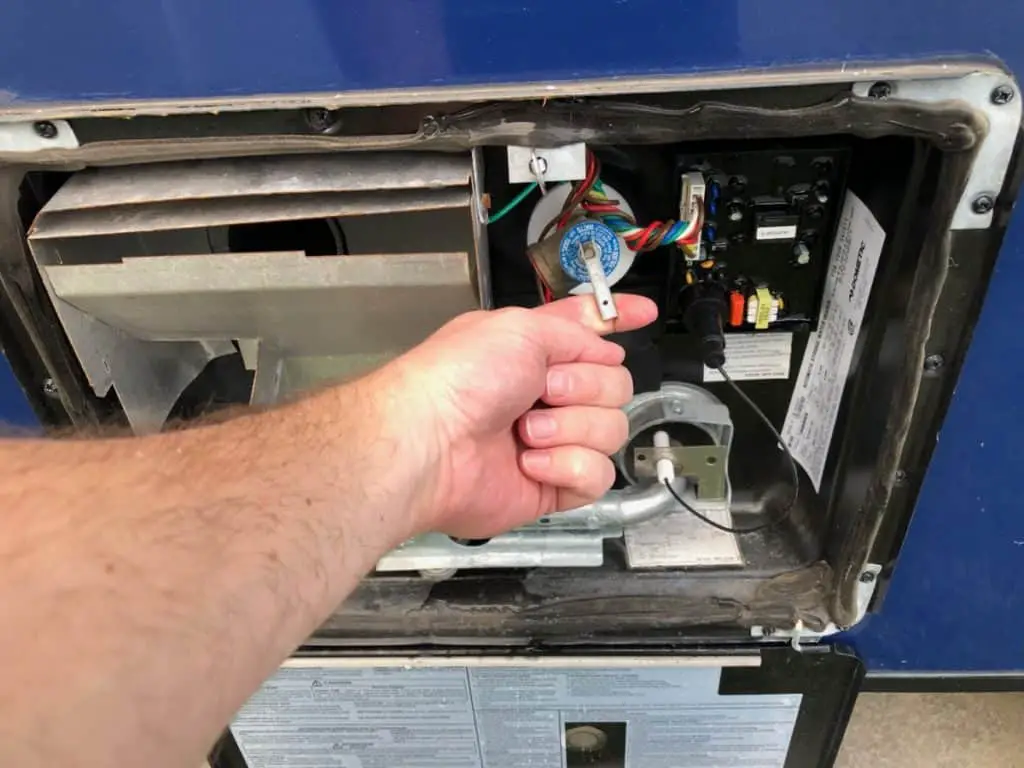
This offender seems to be the most notorious one. If you’re getting a whiff of the “rotten egg smell” and it seems like it only happens every time you’re running the water; the culprit is most likely your water heater.
This may happen if your RV has sat without use for some time. This has happened to us and we had to simply drain our water heater and flush it and we were good to go.
Some water houses anaerobic bacteria and when that happens, it creates a smelly reaction to (sulfur and magnesium) anode rods in water heaters. If your water heater does not have an anode rod but it’s made out of aluminum it is also susceptible to the reaction. It’s important to note this isn’t as harmful to you as it is a nuisance, but none the less, you’re going to want to take care of it ASAP.
The fix for your Water Heater Smelling in your Camper:
There are actually several fixes that can help you take care of this. Below we have separated them into three sections
- If you’re into home remedies and DIY this solution is right up your alley. Grab some Vinegar and start flushing. The first thing you want to do is drain the water heater tank on your Travel Trailer. Next, grab an RV water heater tank wand and use it to flush your water heater tank. After the tank is completely flushed, replace the plastic drain plug and remove the pressure relief valve near the top. Next, using a funnel fill the water heater tank with two parts vinegar and one-part water until the tank is completely full. Reinstall the pressure relief valve. Now turn on the water pump and cycle the solution through your RV’s water system, allowing the freshwater to fill the tank as necessary. Continue to cycle the water until you can no longer smell the vinegar solution. Finally, turn off the pump, open the pressure relief valve and remove the water heater tank’s drain plug. Drain and flush the tank one last time using a tank wand. Replace the plug and fill the tank with freshwater.
- Bleach can also effectively remove medium to high levels of hydrogen sulfide. Not only does the chlorines oxidize the hydrogen sulfide, eliminating the “rotten egg” odor but it also reacts with iron or manganese, and disinfects water supplies. Follow the same process, but you can use a small amount of bleach in your water to sanitize your hot water tank.
- For a longer-term solution, check you RV’s water heater tank. If it’s made of magnesium or is the standard aluminum anode rod (both of which create a rotten egg smell as a reaction to the anaerobic bacteria described above) you will want to replace it with one that is aluminum/zinc alloy. Make sure it contains zinc as this is the key ingredient to avoiding said reaction. Aluminum only rods will also react with the bacteria. Make sure you read your RVs manual as removing an anode may void your manufacturer’s warranties.
Side Note: If you are having trouble with the vinegar/water solution you should know there are pre-mixed solutions that can save you some time and headaches, and there’s absolutely no shame in using them.
OFFENDER#2: YOUR GRAY TANKS ARE FULL
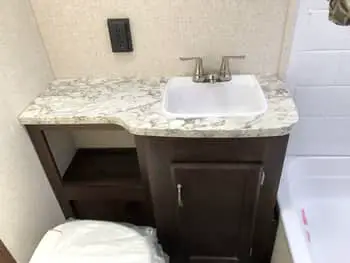
Sometimes the smell isn’t what sets you off but the sound. If you hear water gurgling down the drain it might mean the gray tanks are so full, they’re not letting the roof vents work properly.
The plumbing design for sinks includes a p-trap that holds water, creating a barrier so that vapors from the tank don’t enter living spaces. When water goes down the drain, the suction sucks the water out of the p-trap. To relieve the suction, there’s a vent. The vents either go up through the roof or may terminate under the sink with a one-way valve that relieves pressure by drawing air from the interior.
If the rooftop vent is blocked, you may not be maintaining water in the p-trap. If you have the one-way valve under the sink, it may be malfunctioning, allowing vapors into the interior. If you’ve been using an RV long enough, you know even the slightest smell can cause a fuzz, especially for sensitive noses.
The FIX:
Climb the roof and use a garden hose to spray water into the main vent opening. If the water backs up, the main vent is probably blocked. In this case, you should be able to clean the vent pipe with a plumbing auger.
Side Note: When you climb the roof, first look out for leaves and other debris surrounding the vent. If you see a significant amount of debris, clearing it should solve the problem. If only one sink vent is blocked, that sink won’t drain properly, but it might not affect any other part of your drain system. Installing an air admittance valve on the sink will probably solve the problem.
OFFENDER#3: PROPANE IS LEAKING
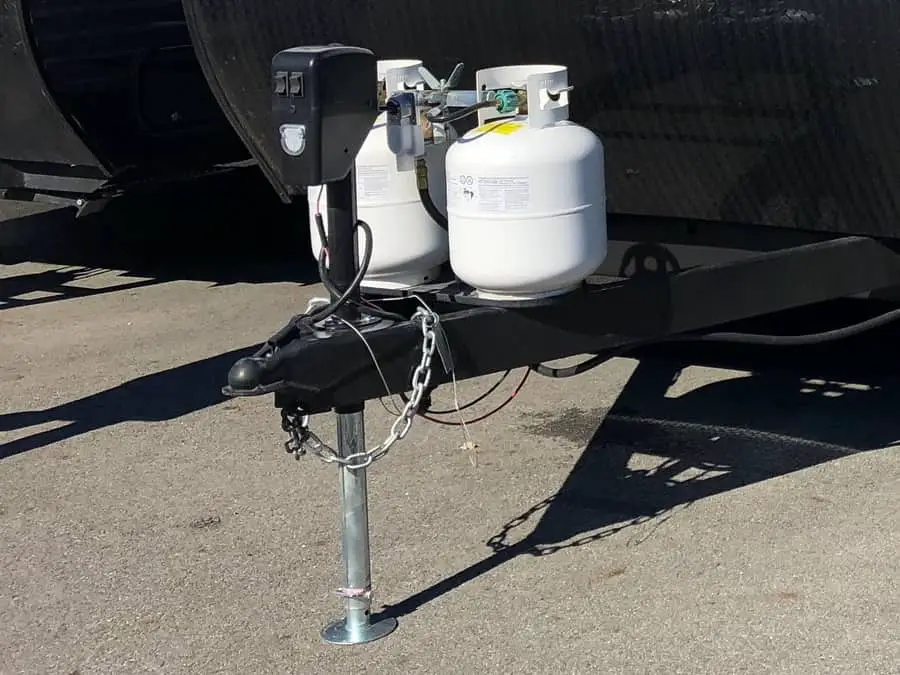
Although propane itself is odorless, ethyl mercaptan, the chemical added to it to give it a detectable presence has a smell often compared to rotten eggs. If you are getting a hint of “that smell” it might be a sign your propane tank is leaking. Take precautions and turn off your gas IMMEDIATELY.
THE FIX:
First things first. Make your way out of the RV until you are sure it’s safe to get back in. If you determine you have a leak, make sure you don’t have any open flames nearby. Turn your gas off at the main cylinder, if safe to do so and call 911 if you feel it requires immediate attention. It’s also important to note if one of the LP bottles is very low or empty you may smell propane. This is because the ethyl mercaptan aka the “smelly stuff” is highly concentrated in a low or empty bottle. This won’t set off the detector, as the detector’s job is to detect the actual propane and not the mercaptan.
To find the leak, turn your batteries off and use a soapy water spray bottle to spray all of the connection points and any propane hose to find your leak.
If you don’t feel comfortable doing this, call a professional at your local RV store and they will be able to fix it for you.
Side Note: Make sure you always have an RV LP Gas alarm mounted within 18 inches of the floor, on a wall inside the RV and near the sleeping area.
Final Thoughts:
There seems to be a wide gap in what the “rotting egg” smell is coming from in your RV, but as you can see, they’re all relatively simple and budget-friendly to take care of.
They can all be avoided with some minimal maintenance and a bit of critical thinking. With that said, if you have it, always refer to your RV’s manual. Check for recalls; sometimes funky smells can come from recalled parts in an RV that you may be entitled to replace.
Research the heck out of any premade products you plan to use on your house on wheels. Read reviews for the same product on different websites (there are a lot of companies that pay for high reviews) so dig around and listen to your gut.
Other times, nothing you try will seem to work and you might have to be ok with taking it in for a “checkup” and that’s ok too. We all love our RVs and do what we can to give it, its longest lifetime.
Be the first to be notified about FREE tips, hints, coupon codes, and email-exclusive information. All for FREE!

